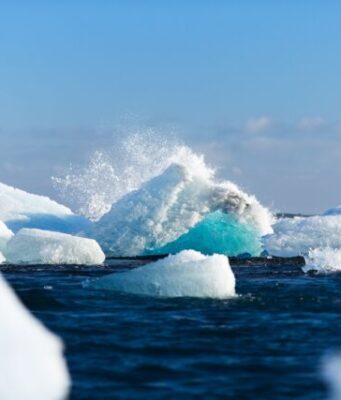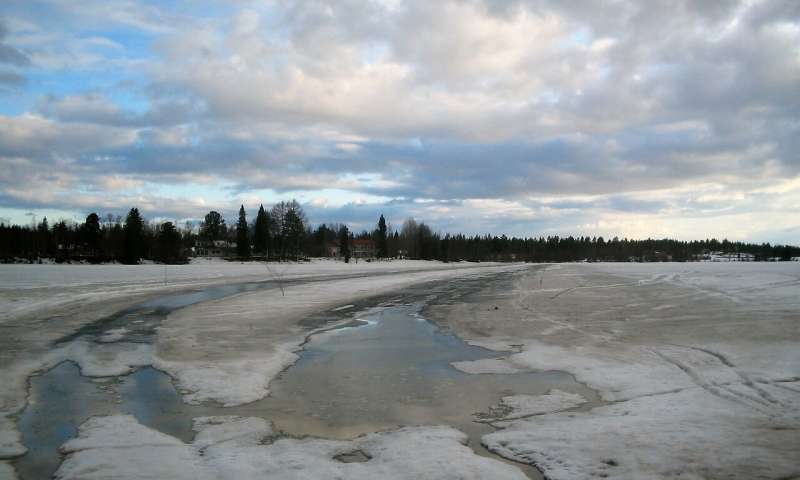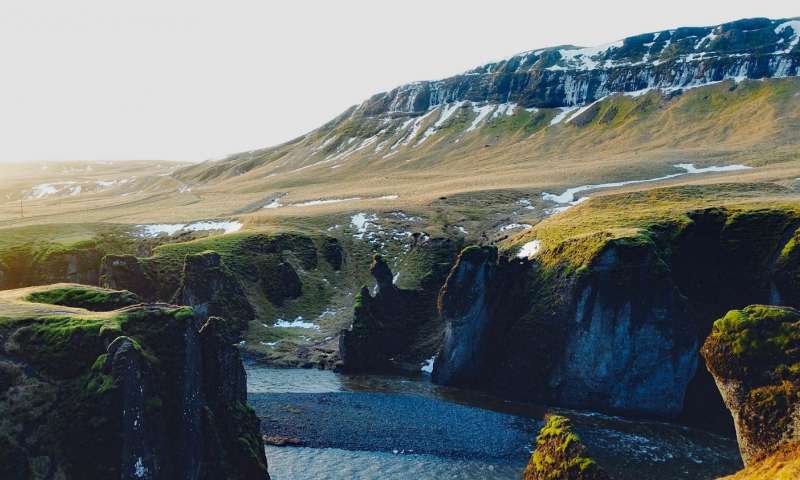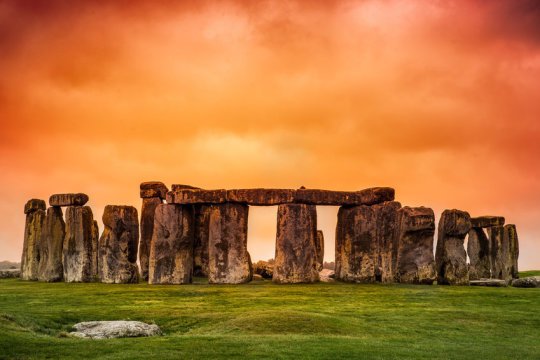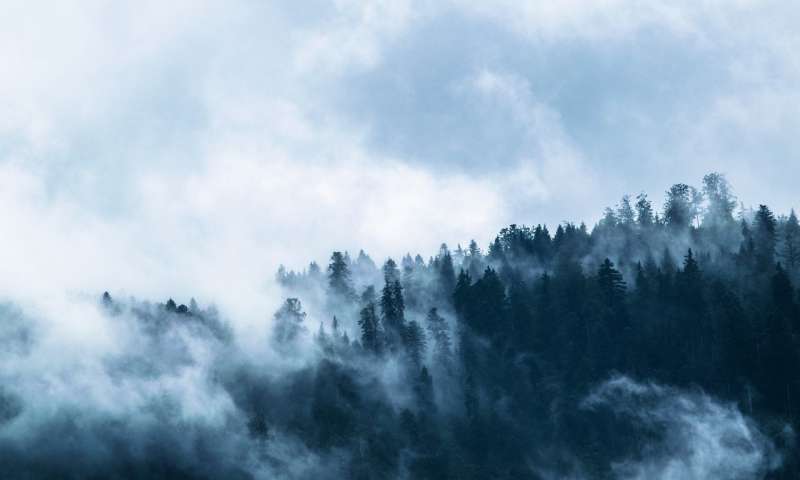A new study has revealed how clouds are modifying the warming created by human-caused climate change in some parts of the world.
Led by Swansea University's Tree Ring Research Group, researchers from Sweden, Finland and Norway analysed information contained in...
Thawing permafrost in high-altitude mountain ecosystems may be a stealthy, underexplored contributor to atmospheric carbon dioxide emissions, new University of Colorado Boulder research shows.
The new findings, published today in the journal Nature Communications, show that alpine tundra in Colorado's Front...
In the Atlantic Ocean, a giant 'conveyor belt' carries warm waters from the tropics into the North Atlantic, where they cool and sink and then return southwards in the deep ocean. This circulation pattern is an important player in...
A new study has revealed that the language used by the global climate change watchdog, the Intergovernmental Panel on Climate Change (IPCC), is overly conservative – and therefore the threats are much greater than the Panel's reports suggest.
Published in...
New research shows that recent climate change is having profound effects on wetlands across the American West – affecting birds that use these wetlands for breeding, migration and wintering.
According to a study published today in the journal Scientific Reports, higher...
An international research project led by scientists from ETH Zurich has determined the amount of man-made CO2 emissions taken up by the ocean between 1994 and 2007. Not all of the CO2 generated during the combustion of fossil fuels remains in...
Archaeologists have unearthed evidence of the earliest large-scale celebrations in Britain -- with people and animals travelling hundreds of miles for prehistoric feasting rituals.
The study, led by Dr Richard Madgwick of Cardiff University, is the most comprehensive to date...
University of Sydney scientists have modelled how carbonate accumulation from 'marine snow' in oceans has absorbed carbon dioxide over millennia and been a key driver in keeping the planet cool for millions of years.
The study, published in Geology, also helps...
Modern coal-fired power stations produce more ultrafine dust particles than road traffic and can even modify and redistribute rainfall patterns, a new 15-year international study shows.
The study indicates filtration systems on modern coal-fired power stations are the biggest source of ultrafine particles and...
One of the key misconceptions about solar geoengineering—putting aerosols into the atmosphere to reflect sunlight and reduce global warming—is that it could be used as a fix-all to reverse global warming trends and bring temperature back to pre-industrial levels.
It...
As the Arctic warms faster than the rest of the globe, permafrost, land ice and sea ice are disappearing at unprecedented rates. And these changes not only affect the infrastructure, economies and cultures of the Arctic, they have significant...




